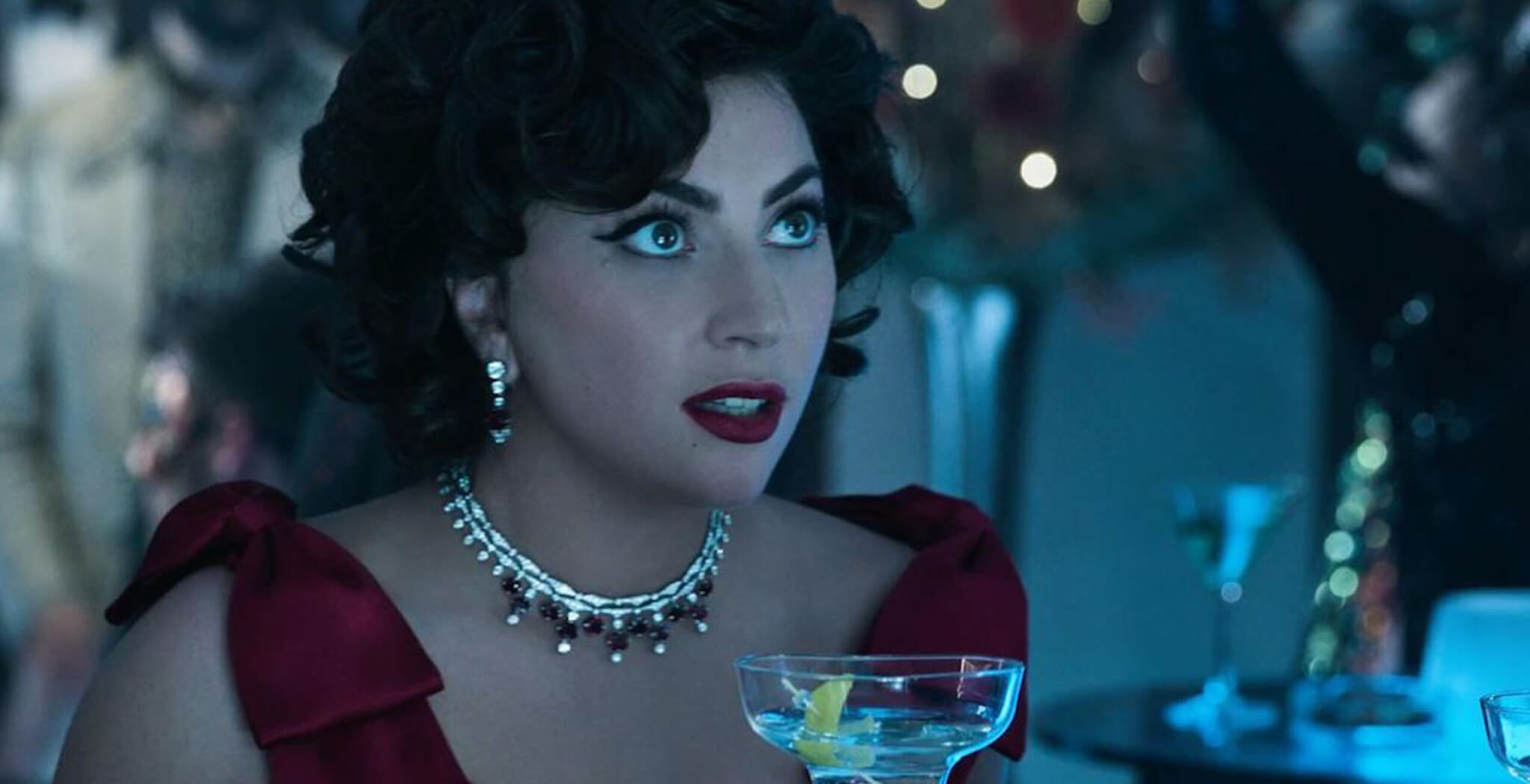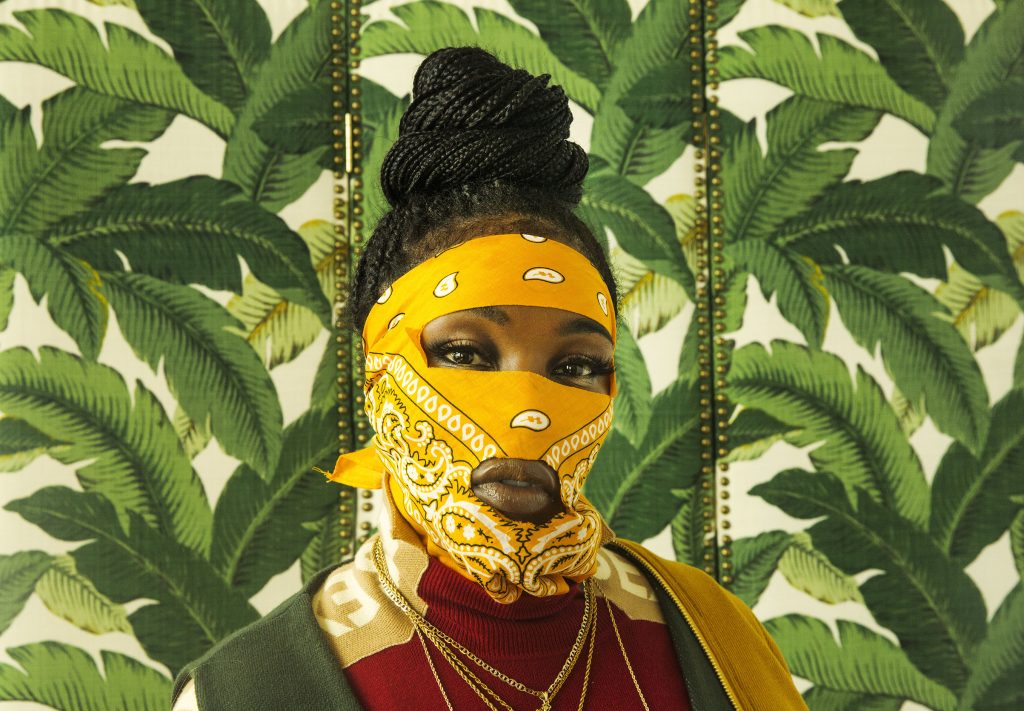We delve into House of Gucci, a film that attempts to captivate audiences with a true-crime story set against the backdrop of a fashion empire. However, despite the star-studded cast and intriguing subject matter, the movie suffers from a shaky foundation that undermines its potential. Join us as we dissect the film’s shortcomings and explore why it fails to live up to its promises.
House of Gucci, with its 158-minute runtime, features a lengthy audition tape of Jared Leto for a Super Mario movie and Lady Gaga’s ego trip, overshadowing the real meat of the story: a 45-minute hidden movie about one of the century’s most sensational crimes. While the idea of caricature-like performances may hold appeal, the film fails to strike the right balance between bad taste and significance, ultimately leaving viewers disappointed.
Unlike “The Assassination of Gianni Versace,” Ridley Scott’s film fails to highlight the front-page-killing and ensuing court battle in its title. Instead, it focuses on the mundane aspects of an implausible romance, leaving audiences questioning its raison d’être. The initial allure of exploring the rise of a fashion empire quickly dissipates as Al Pacino, Adam Driver, Jared Leto, and Lady Gaga constantly remind us of the Italian translation for “ham.”
House of Gucci ostensibly emphasizes passion rather than fashion, but it comes across as an ambitious drama that falls short of its potential. Instead of delivering a thrilling tale of murder and mania, the movie lingers on the periphery of irrelevance, offering fleeting glimpses of figures like Karl Lagerfeld and Tom Ford. Unfortunately, Scott fails to capitalize on the intriguing stories of Ford’s involvement with Gucci or his relationship with Maurizio Gucci, contributing to the movie’s decline.
The true downfall of House of Gucci lies in its inability to strike a cohesive balance. The film feels more like a soapy miniseries from the 1980s, veering between Ryan Murphy’s style and David Fincher’s tone. This inconsistency prevents the movie from standing as a unified whole, leaving viewers wanting more.
Despite its absurd moments, House of Gucci can’t be categorized as camp or trash. Lady Gaga’s Countess Dracula-like menace, delivered with a heavy Eastern European accent, adds an intriguing element. Nevertheless, the film remains too grounded for camp enthusiasts and too calculated for those seeking trashy entertainment.
“It’s time to take out the trash”, Lady Gaga says at one point with her heavy, vaguely Eastern European accent which gives her the menace of Countess Dracula. But House of Gucci is neither trash to take out or Camp to wallow in – despite all its absurd moments it’s way too grounded for camp and too calculated for trash.
In the end, House of Gucci fails to live up to its potential as a gripping true-crime saga. Although the cast seems to be having fun, a few over-the-top performances can’t rescue a film built on a shaky foundation. With its focus on irrelevant romance and lack of coherence, House of Gucci ultimately disappoints audiences seeking an engaging exploration of a family that had it all and lost it all.
You can’t spell dysfunctional without fun and it’s hard to deny that the cast is having fun and with the right attitude you can, too. But a few funny over-the-top-performances can’t save a house that’s built on such a shaky foundation.



























